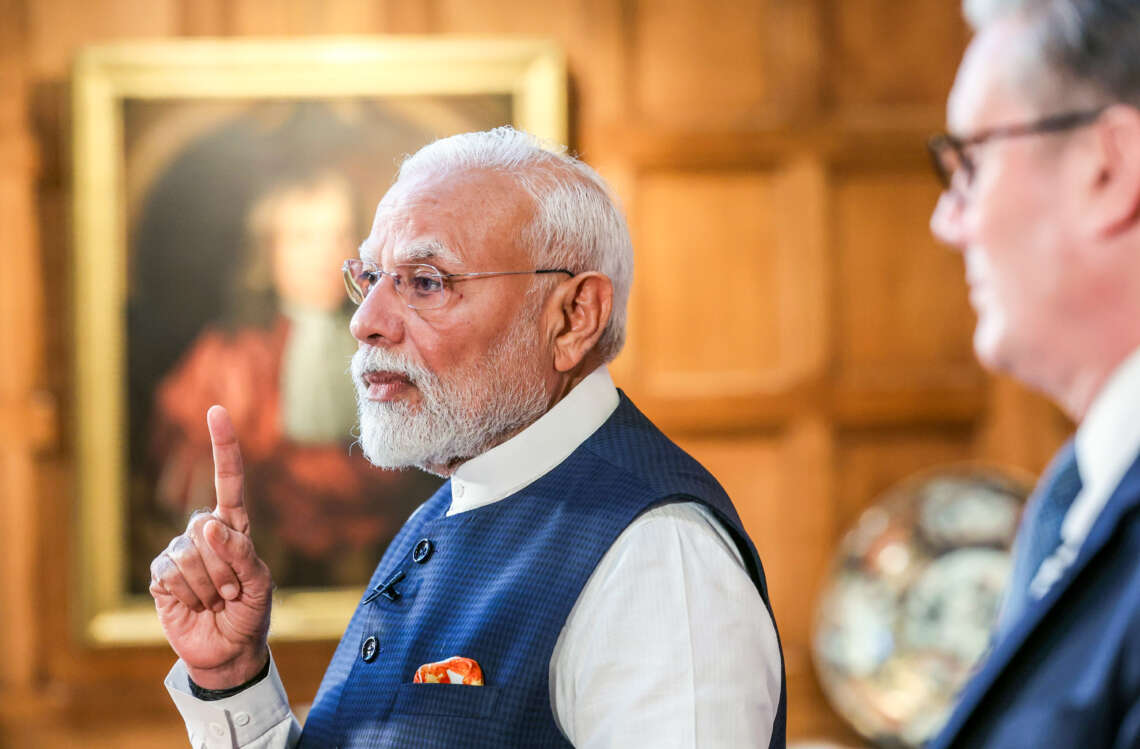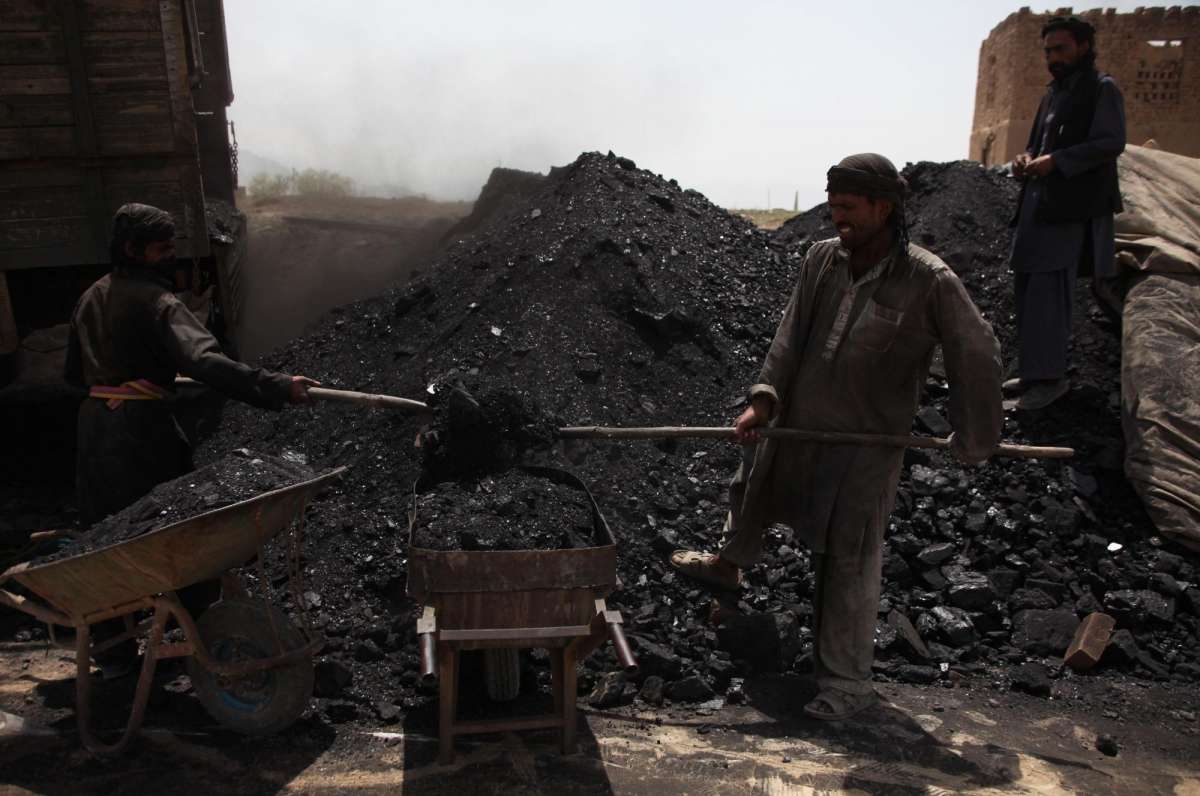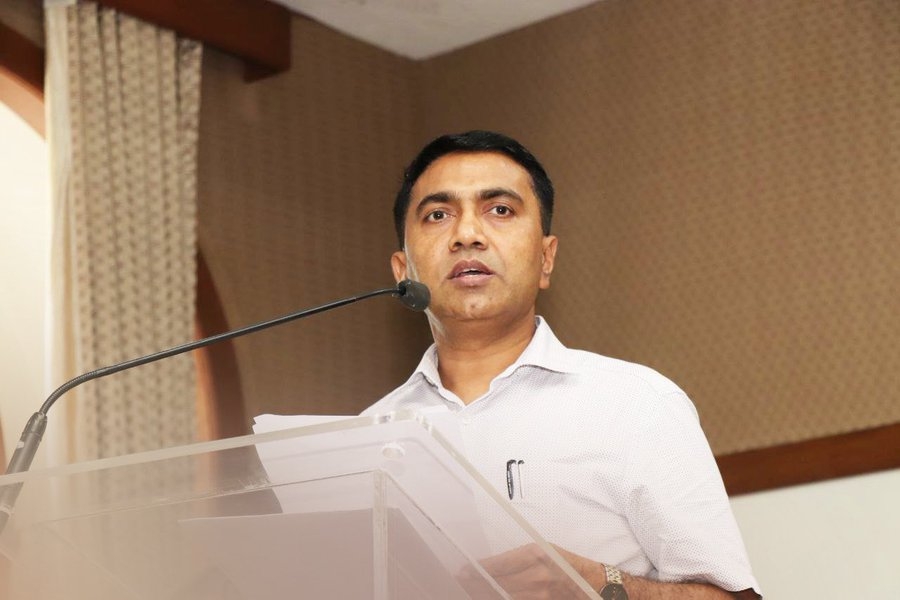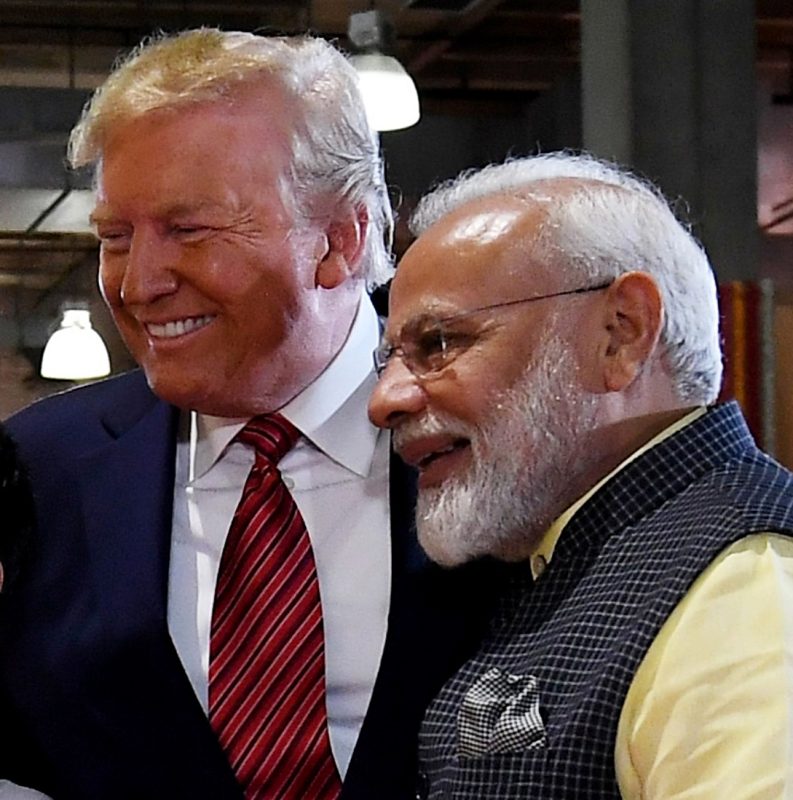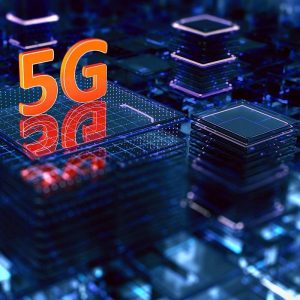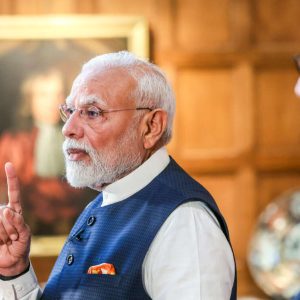According to the report, just 5 per cent mobile subscribers surveyed are ready to move to 5G in 2022…reports Asian Lite News
As India rolls out 5G services at some locations in select cities, 43 per cent of those willing to switch to 5G are not willing to pay anything more than current tariff for 3G or 4G services, a report showed on Friday.
While many more smartphone users are likely to come onboard if the shift to 5G addresses issues like call drop/connect, network availability and low speed, another 43 per cent indicated they are willing to pay up to 10 per cent extra tariff, according to the report by online community platform LocalCircles.
Just 2 per cent of them showed willingness to pay between 25-50 per cent more tariff for 5G.
As against 4G speeds of 40-50 Mbps depending on the area and connectivity in India, 5G services are expected to support speeds of 300 Mbps or more.
To begin with, Reliance Jio and Airtel have identified Ahmedabad, Bengaluru, Chennai, Varanasi, Chandigarh, Delhi, Jamnagar, Gandhinagar, Mumbai, Pune, Lucknow, Kolkata, Siliguri, Gurugram and Hyderabad for the first phase of launch.
According to the report, just 5 per cent mobile subscribers surveyed are ready to move to 5G in 2022.
While 20 per cent surveyed said they already have a 5G device, another 4 per cent are likely to get one this year.
Another 20 per cent said they are likely to purchase a 5G device in 2023.
Out of more than 500 million smartphone users in India, about 100 million are expected to have a 5G-ready device by the end of this year.
Nearly 24 per cent respondents shared that they have no plans to buy a new upgraded device in the foreseeable future, while another 22 per cent are yet to make up their mind, the findings showed.
The Department of Telecommunication met with the operators as well as phone makers earlier this week to update the government about their plans so that the 5G roll-out can happen at the earliest.
Samsung said that they are working with their operator partners and are committed to rolling out OTA updates across all its 5G devices by mid-November, Apple said that it will start rolling out 5G to iPhone users in December.
Majority mobile subscribers expect that upgrading to 5G service will lead to reduction in call drop/connect issues, better network availability and speed.



